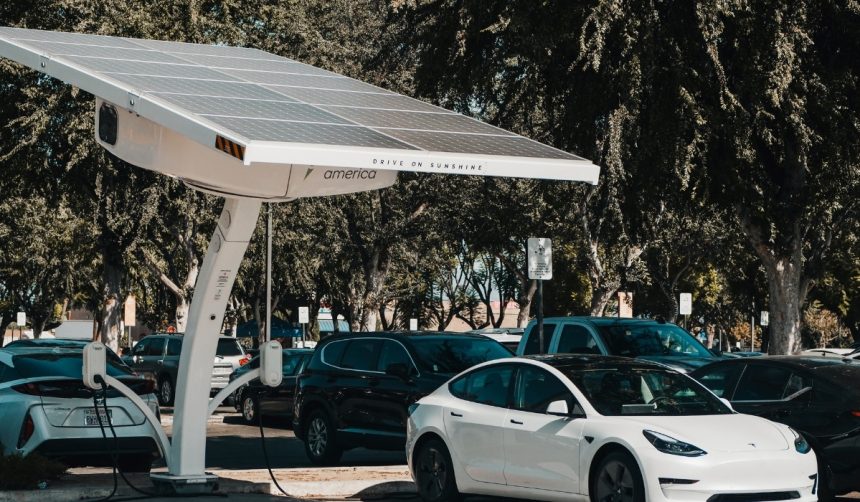Electric vehicle manufacturers Tesla and Rivian continue to face significant challenges due to varying direct sales bans across numerous U.S. states. These restrictions complicate their ability to reach consumers directly, impacting sales strategies and overall market presence. As the EV market evolves, both companies are adapting their approaches to comply with state-specific regulations while striving to maintain their growth trajectories.
Tesla has employed several strategies to circumvent direct sales bans, including offering leasing-only options, processing transactions as out-of-state deals, and establishing stores on tribal lands, which are exempt from dealership mandates. For instance, in Connecticut, Tesla successfully opened a store on Mohegan tribal land, allowing them to operate without adhering to the state’s direct sales restrictions.
How Do State Laws Affect EV Direct Sales?
“Unfortunately, in the United States, it’s not an easy question,” said Rivian CEO RJ Scaringe.
State-by-state regulations create a fragmented sales environment, making it difficult for companies like Tesla and Rivian to implement a unified sales strategy. These laws often limit the number of physical stores and impose restrictions on how vehicles can be sold, forcing EV companies to seek alternative methods to reach consumers.
What Are the Responses from Dealership Lobbying Groups?
“I think you essentially have, like, lots of dealers have paid for laws that make it really hard for us to interact directly with the consumer,” Scaringe added.
Dealership associations strongly oppose direct sales models, arguing that they threaten the traditional dealership framework. Organizations like the Connecticut Automotive Retailers Association have vocally criticized Tesla’s tactics to bypass sales bans, viewing them as undermining established automotive sales practices.
How Are Companies Adapting to These Challenges?
Tesla VP of Finance Sendil Palani highlighted the efforts of local teams to manage sales and deliveries under restrictive laws.
Both Tesla and Rivian are enhancing their online sales platforms and optimizing delivery logistics to comply with state regulations. These adaptations help mitigate the limitations imposed by direct sales bans, ensuring that customers can still access their products despite legal hurdles.
The ongoing legal battles and lobbying efforts indicate a persistent tension between traditional automotive sales models and the emerging direct-to-consumer approaches favored by EV manufacturers. As states continue to enforce or revise their sales laws, Tesla and Rivian will likely need to innovate further to navigate the complex regulatory landscape effectively.
Electric vehicle companies must stay abreast of regulatory changes and advocate for policies that support their sales models. Understanding the diverse state laws and finding compliant ways to reach consumers are crucial for maintaining market share and fostering growth in the competitive EV industry.










